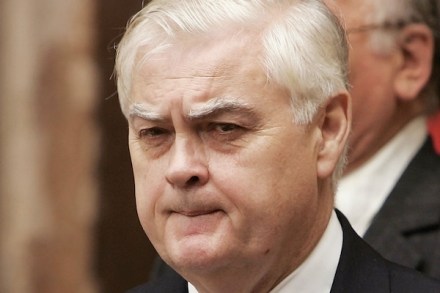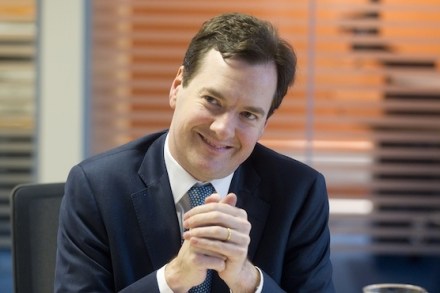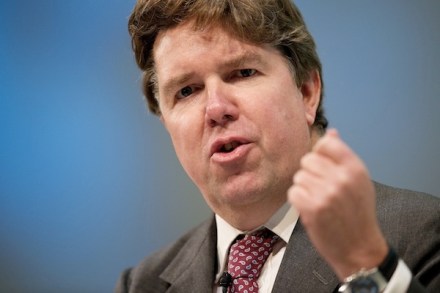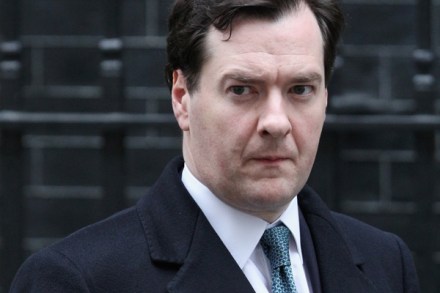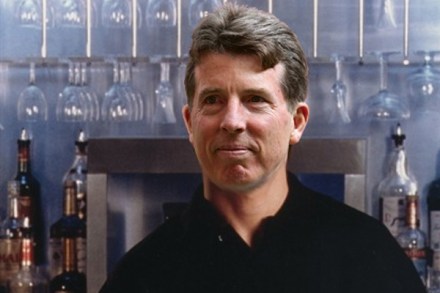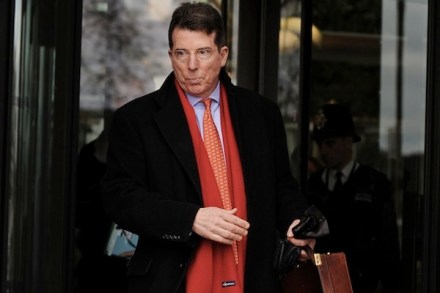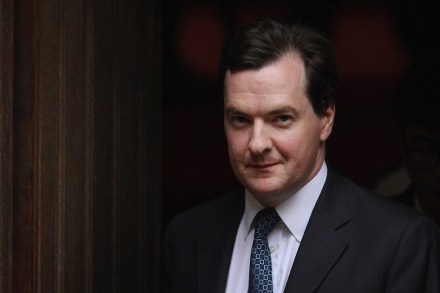Osborne’s ‘hideous choice’ if growth downgrades continue
So the IMF has revised its forecasts for the UK’s GDP growth downwards — to 0.2 in 2012 and 1.4 in 2013 from the 0.8 per cent and 2.0 respectively it predicted in April. It’s bad news, certainly — not least because we’ve been downgraded more than most other countries, and we’re now forecast to grow more slowly than Germany and (this year) France. But it’s worth bearing in mind that the IMF — for all its ability to drive headlines — is just one of many organisations playing the forecasting game, and these downgrades actually just bring them into line with the average. What’s worrying for George Osborne — and his fiscal


